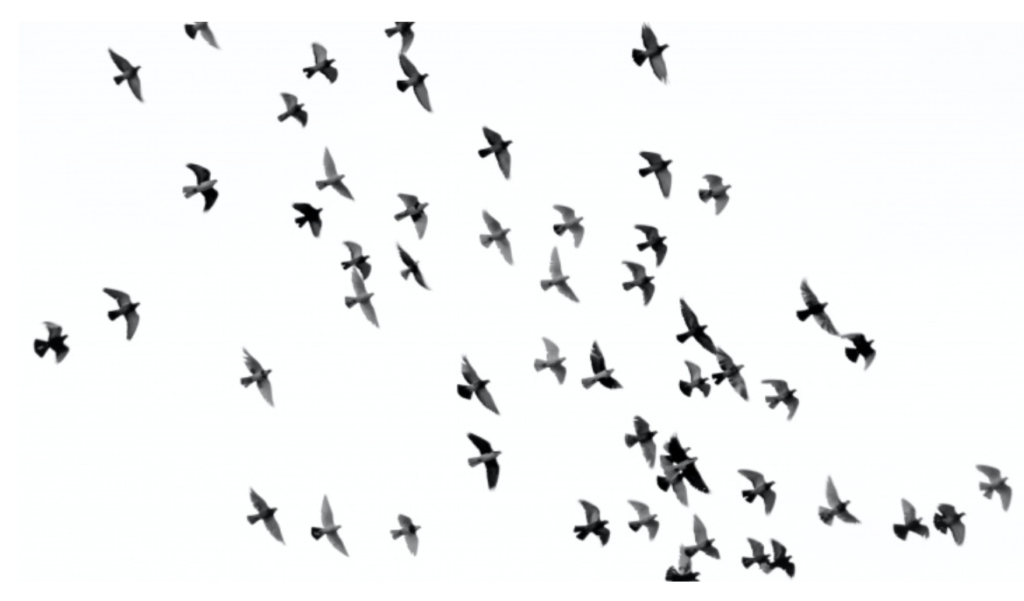
The suffering creatures of this world have a divine Being who does not judge or condemn them, or in any way stand aloof from their plight, but instead, a Being who hangs with them and flows through them, and even toward them, in their despair. How utterly different this is from all the greedy and bloodthirsty gods of most of world history! What else could save the world? What else would the human heart love and desire? Further, this God wants to love and be loved rather than be served (John 15:15). How wonderful is that?! It turns the history of religion on its head. Jesus said it of himself: “When I am lifted up from the earth, I will draw all people to myself” (John 12:32) and “from my breast will flow fountains of living water” (7:38). It is only the “harsh and dreadful” commingling of both divine love and human tears which opens the deepest floodgates of both God and the soul. Eventually, I must believe, it will open history itself. I will sink my anchor here. To mourn for one is to mourn for all. To mourn with all is to fully participate at the very foundation of Being Itself. For some reason, which I have yet to understand, beauty hurts. Suffering opens the channel through which all of Life flows and by which all creation breathes, and I still do not know why. Yet it is somehow beautiful, even if it is a sad and tragic beauty.
—from the book Breathing Under Water: Spirituality and the Twelve Steps by Richard Rohr









